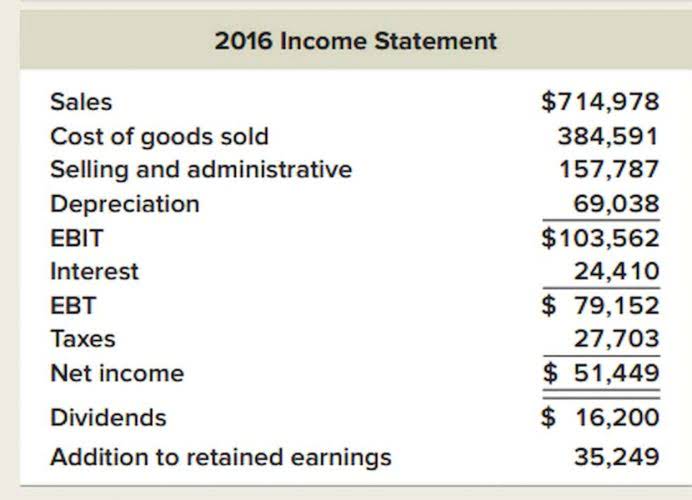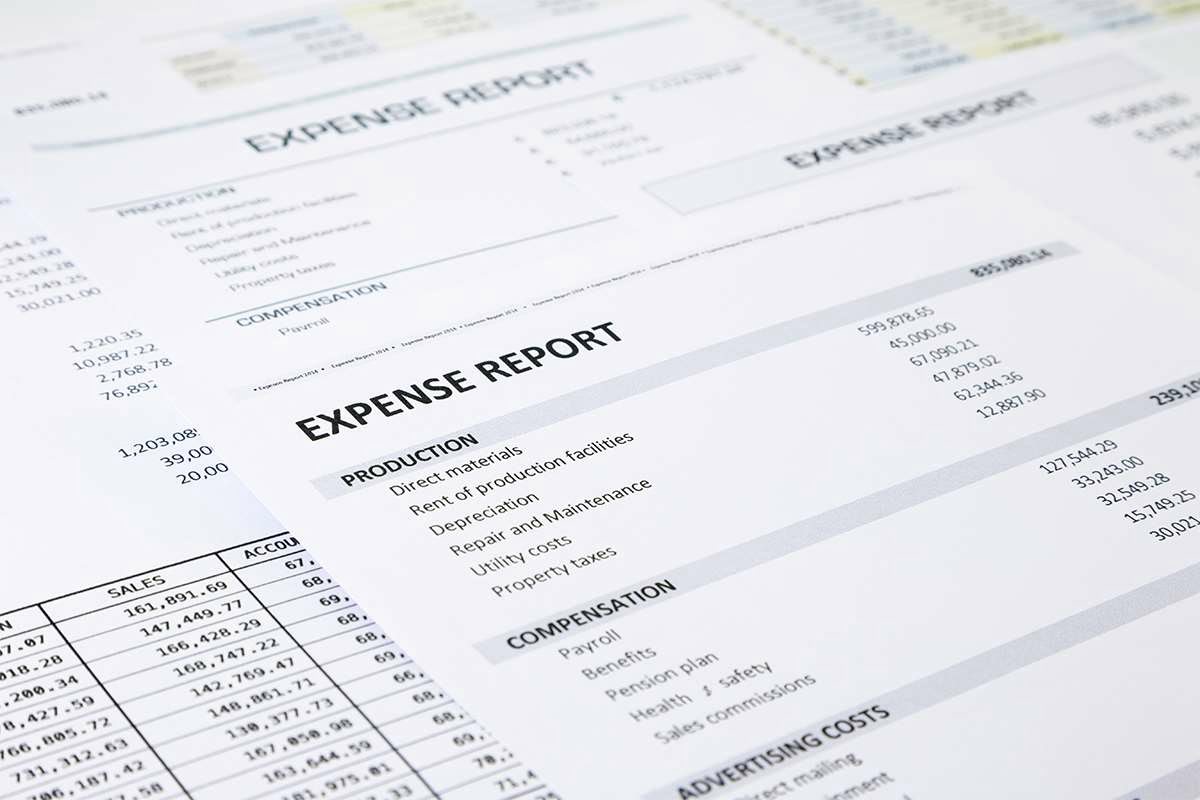
When accounting for liabilities, you’ll have to record “accounts payable”. This term refers to all the outstanding debt that the company owes. The right accountants should have no problem assisting you with catch-up bookkeeping, especially if it’s a finance company that has multiple accountants it can place on your books. Imagine that you have an open book in front of you—a business ledger. In traditional bookkeeping, you would enter the debited amount on the left page, and the credited amount on the right page.

Explore other services tailored to your business
Accurate reporting ensures that stakeholders have all the information they need. It’s a vital aspect of successful https://www.bookstime.com/ that builds trust and confidence. Capital expenses enhance property value, while operational expenses maintain it. Differentiating between the two is crucial for accurate financial reporting.

Key Differences in Accounting Practices

She discovered a comprehensive real estate accounting software that offered automated workflows, integration with other systems, and real-time financial reporting. Real estate accounting software is a comprehensive, all-in-one financial logging, management, and auditing solution that can help you scale your business. In the real estate sector, you want to keep track of your books and expenses so that you can easily manage your taxes and plan for any down times in the industry. Most online systems come with invoicing, expense management, reporting, cash-flow monitoring, and client management features. This will help you decide which accounting software meets your needs best. By maintaining precise records and adhering to accounting standards, you can make informed decisions and safeguard the financial health of your real estate assets.
Association Fees and Expenses
- Depreciation accounts for the reduction in value of buildings and improvements over time, offering tax advantages and affecting net income calculations.
- Regular audits ensure that financial data is accurate and aligned with industry standards.
- Agents enter bills, send invoices and quotes, reconcile bank accounts and capture expenses for easy quarterly and annual tax preparation.
- Industry recognitions and awards validate a business’s expertise and achievements.
- Accurate audits ensure transparency and build trust among stakeholders.
- It’s not just about adhering to the rules; it’s about upholding the trust stakeholders place in the business.
If you’re not sure where to get started, here’s some friendly advice—hire an accounting service for real estate professionals. Each time a transaction occurs, the income or expense is recorded under the appropriate category and account. A good real estate accounting system also allows details for each transaction to be entered, so that it is easy to understand what the transaction is for. In short, managing your real estate accounting procedures is about more than personal preference.
Its features include modern invoicing, late payment reminders, interactive team collaboration, and more. Did you know that FreshBooks offers time-saving bookkeeping software tailored to the needs of small business owners? If you want to simplify your business, peek at our bookkeeping solutions and learn how to generate net cash flow reports on the fly and prepare for tax season in a snap.

To record and track the transactions of these sums is referred to as real estate accounting. Commercial estate accounting involves more complex lease agreements, substantial property expenses, and larger-scale properties that require complicated accounting practices. However, residential estate accounting is more uncomplicated and focuses on individual or small-scale properties with straightforward rental income and expenses. Residential properties involve shorter lease terms, while commercial leases are usually long-term. Real estate accounting is an accounting type that specializes in managing and reporting on the financial aspects of real estate transactions and investments.
- Staying updated with tax codes, understanding property tax implications, and collaborating with tax professionals are essential.
- It’s a proactive approach that sets successful real estate businesses apart.
- This online tool makes real estate accounting easier with features like receipt tracking, automated reconciliation, and easy-to-understand metrics.
- At Springbord, we recognize the critical importance of empowering business owners with the knowledge and tools necessary for effective financial management.
- So follow valuation regulations carefully, and keep accurate records in your accounting software.
- For brokers, a robust accounting system is foundational for trust, reputation, and business growth.
Maintaining detailed and accurate records of transactions, contracts, and communications is essential for operational efficiency and compliance with tax laws. A reliable accounting software system can streamline record-keeping processes and make essential financial data more accessible. Quicken is a good accounting software option for real estate agents. It has affordable plans ranging from $3.99 to $9.99 per month (less during its current promotion).
Accrual vs. Cash Accounting
- At a broad level, bookkeeping is the systematic process of recording, organizing, and maintaining financial transactions.
- There are always options for streamlining your real estate accounting.
- Accounting software can help streamline accounting work and prevent errors.
- Financial accounting standards dictate how real estate transactions are recorded and reported.
- This helps identify any discrepancies or missing transactions, ensuring the accuracy of your financial records.
- Managing real estate is a local and regional game, meaning that rules and requirements vary based on where you live and work.
Depending on employment status, real estate agents may be required to share some of their commission as a percentage with a brokerage or firm. Additionally, real estate professionals often pay membership fees to associations and other national organizations, which may count as deductions. A strong accounting foundation is relevant whether you sell small properties as a hobby or facilitate property management services and generate millions of dollars. Although the scale of each one is different, the underlying habits are similar.
- In the Guide we discuss accounting and tax matters specific to the real estate industry.
- Regular reviews ensure that businesses leverage tax planning effectively.
- The former board members from 2018 to 2020 in the real estate group have allegedly misrepresented and aided in falsifying the company’s balance sheets.
- Airbnb hosts who manage one to two properties with a few customers at a time should consider Freshbooks for their accounting software.
- While an automated real estate accounting system may never completely replace your accountant, it can help to reduce outside expenses paid to a bookkeeper or CPA.
- The latest edition of our annual update highlights selected accounting and reporting developments that may be of interest to real estate entities.
To avoid getting in trouble, we would recommend hiring an expert professional who will be able to handle it all for you. Using incorrect or dishonest accounting practices can land you in hot water. However, the ones that are done deliberately to mislead can lead to legal prosecution. Therefore, it is of the utmost importance to be extremely cautious while treading the accounting path. You should consult your own professional advisors for advice directly relating to your business or before taking action in relation to any of the content provided.
